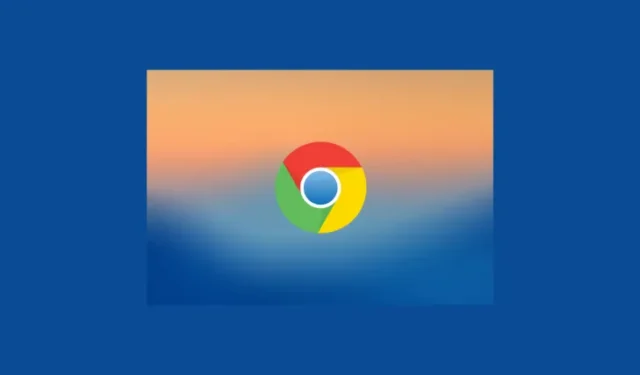Google’s Plans to Combine Full Chrome OS with Android to Compete with iPad

Essential Information
- Google is in the process of transitioning Chrome OS to Android to enhance its competitive stance against Apple’s iPad.
- This major pivot is intended to unify Google’s operating systems, enabling developers to concentrate their efforts on a singular platform.
- The migration is expected to unfold over the next several years, potentially resulting in new Android-powered Chromebook models.
- To succeed, Android will require enhancements in desktop functionalities, particularly in multitasking and support for external displays.
Google is embarking on a transformative journey by shifting Chrome OS over to Android in a bid to boost its rivalry with Apple’s iPad. This long-term initiative exemplifies Google’s commitment to consolidating its operating systems, which will facilitate a more straightforward development experience for application creators across both systems.
According to Android Authority, this shift is already in motion, with Google incorporating essential elements of the Android framework into Chrome OS. This decision was influenced by the urgent need for swift implementation of AI features across both platforms. After exploring various paths to enhance Chrome OS’s competitiveness, Google concluded that a full transition to Android is essential.
The consequences of this transition are significant. By merging its operating systems, Google aims to simplify its product lineup and offer a more integrated experience for developers. The Chromebook brand will persist, but upcoming devices are expected to operate on Android rather than Chrome OS. This transition could pave the way for exciting new products, including a potential Pixel Laptop.
For this migration to achieve its intended goals, Google must tackle several crucial desktop computing elements within Android. Key advancements are required in multitasking capabilities, window control, support for keyboard and mouse inputs, and compatibility with external displays. Moreover, the Android ecosystem must deliver a comprehensive version of the Chrome web browser that supports extensions and includes a terminal application for Linux functionality.
While many users enjoy the straightforward nature of Chrome OS, there are apprehensions that this transition may introduce a more intricate system akin to Windows. As speculations swirl regarding the motives for this change, it remains uncertain how effectively Google will execute this plan and what the implications will be for both users and developers.
Leave a Reply